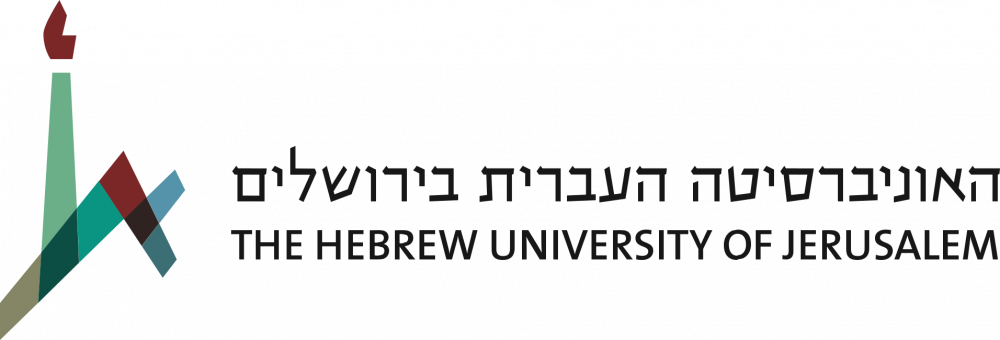What's New?

About Us
The Overseas Applicants Unit serves HUJI candidates with foreign qualifications, Israeli and foreign citizens alike.
Do you wish to pursue a Bachelor's degree and have a non-Israeli certificate?
Have you earned a Bachelor's degree abroad and wish to apply for a Master's degree?
Your journey starts here!
Apply Now Applicants with Israeli Qualifications
master’s programs in english - for home plop

Degree Programs taught in English
The Hebrew University offers a variety of programs taught in English.
Find a program that suits your interests.
Master's Programs in EnglishInternational Bachelor's Program
Programs of Study for PLOP

International Students
The International Office assists international students before and during their stay at the Hebrew University. The office provides a wide range of services and offers information on visa application, accommodation, health insurance, etc.










